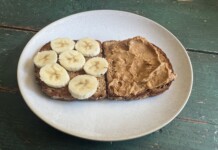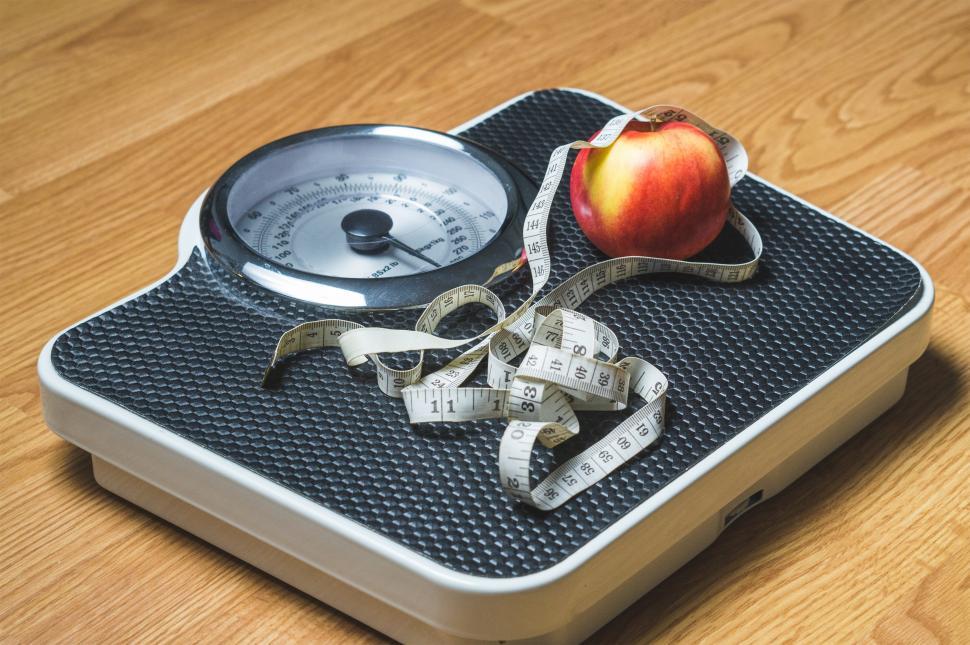By Nancy Clark, MS RD CSSD — The American College of Sports Medicine (www.ACSM.org) is a professional organization with more than 17,400 members who are doctors, dietitians, psychologists, exercise physiologists, and other health professionals who work with athletic people. At ACSM’s 2021 Annual Meeting in June, members shared their knowledge and latest research. Here are just a few sports nutrition highlights that might be of interest.
When athletes get injured, underlying mental health issues often get unmasked, including depression, eating disorders, and anxiety about body image, Injured athletes express fears about getting re-injured, gaining undesired weight, and losing their identity. (Who am I am if not a soccer player?) The sport culture is finally acknowledging mental health issues and destigmatizing therapy. For example, mental health information booths and counselors will be available at the Tokyo Olympics. That said, the 6 months after the Olympics can be more stress-filled than pre-Olympic stress and anxiety
As people age, they need less food and often eat less protein. Inadequate protein can lead to loss of muscle and strength. The weakest third of older people are likely to die sooner than the strongest third. Make sure you, your parents, and grandparents stay active!
Older muscles (as compared to younger muscles) have reduced anabolic (muscle building) response to a protein-rich sport diet. Even with a strong protein intake, seniors do not get the same muscle-building response as seen in younger individuals. Seniors want to include at least 20 to 30 grams of protein at each meal plus lift weights. Consuming (dairy or soy) milk or yogurt with each meal is a simple way to boost protein, plus provide the calcium needed to reduce bone demineralization and help keep bones strong.
Science has shown that, during exercise, athletes who eat a high fat ketogenic diet burn more fat than carb-eaters do. Burning fat requires more oxygen than burning carbs (muscle glycogen, blood glucose). That’s a disadvantage for keto athletes. Research with keto racewalkers showed an 8% performance difference between the keto group (they got slower) and the carb-eaters (who got faster). Grains, fruits and veggies are performance enhancing!
If you are restricting your food intake to lose body fat, you are simultaneously losing bone density. To protect bones, dieters want to eat protein-rich foods in each meal. This boosts growth factors that build muscles (along with resistance exercise). Muscles tugging on bones stimulates bones to stay strong.
Male cyclists often have weaker bones than runners, in part because they are not doing weight-bearing exercise. Bone loss has also been seen in NCAA male basketball players—as much as 6% bone loss in a year. Why? The decline might be related to calcium lost in sweat. Hence, athletes who sweat heavily might be wise to consume more calcium-rich foods. Chocolate milk for a recovery drink?
Dieters who are Intermittent Fasting commonly skip breakfast. Breakfast skippers tend to be less physically active; they do not lose more body fat than breakfast eaters. No harm in fueling up for an active day!
Whether you are a collegiate athlete, a CrossFit fan, or a gym rat, you can experience similar changes in body fat. No one exercise setting is superior to another. Hard work creates the desired results, regardless of where you train.
Global warming means outdoor athletes will be spending more time exercising in the heat—and that can take its toll on performance. To beat the heat, try pre-cooling your body by draping a towel dipped in ice water around your neck. You can also put ice packs on your thighs for 20 minutes. Dropping your body temperature can help you perform better during subsequent exercise.
To reduce heat stress, you can also cool yourself from the inside out by consuming ice slurries before and during exercise.
Even national-level male soccer players can struggle to consume enough fluids. On Day One of urine testing, 90% of the players were significantly dehydrated. None were well hydrated. Continuously monitoring hydration status nudged the players to drink more fluids. If you are exercising in the heat, be sure to drink enough so that your first morning urine is not dark and smelly!
Elementary school children at a soccer camp trained for two hours in the morning and again in the afternoon. In the morning, the fluid station was set up beside the pitch. The kids drank too little. In the afternoon, the kids each brought a personal water bottle inside the pitch. They drank enough to replace sweat losses. That simple change helped safeguard these 2nd and 3rd graders. All summer athletes should have water readily available.
Parents: Keep your eyes open for eating disorders in your young athletes. Among 2,109 middle school runners (1,252 boys; 857 girls), 1.5% reported a clinical history of eating disorder, or they met the criteria for elevated dietary restraint. Compared to the normal eaters, the restrained eaters were more likely to skip meals (68% vs 6%), follow a vegetarian diet (55% vs 13%) and use dietary supplements (84% vs 25%). They also reported running slower and recovering slower. Youth athletes should be taught to focus on fueling to grow and perform, and stop skimping on food to be lighter or leaner.
Not all athletes respond to ergogenic (energy-enhancing) sports supplements in the same way. A study with beta-alanine suggests differences in benefits were related more to sleep habits, motivation, nutrition, and training schedules – and less to the supplement itself. Hence, athletes are more likely to respond positively to a supplement if they create supportive lifestyles. No amount of supplements will compensate for an erosive lifestyle.
Spirulina is a popular supplement that has been shown to have antioxidant and performance enhancing properties. A study that involves muscle-damaging exercise suggests spirulina supplementation (6 grams/day) did not offer any benefits in terms of muscle performance or recovery from muscle damage.
To my dismay, nutrition is not always the winning edge. In the past five years, numerous track & field world records have been broken—not because of better nutrition but rather a new style of shoes that reduces effort. Regardless, keep eating wisely and fueling well!












